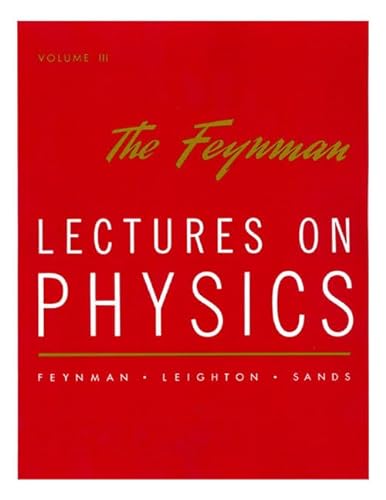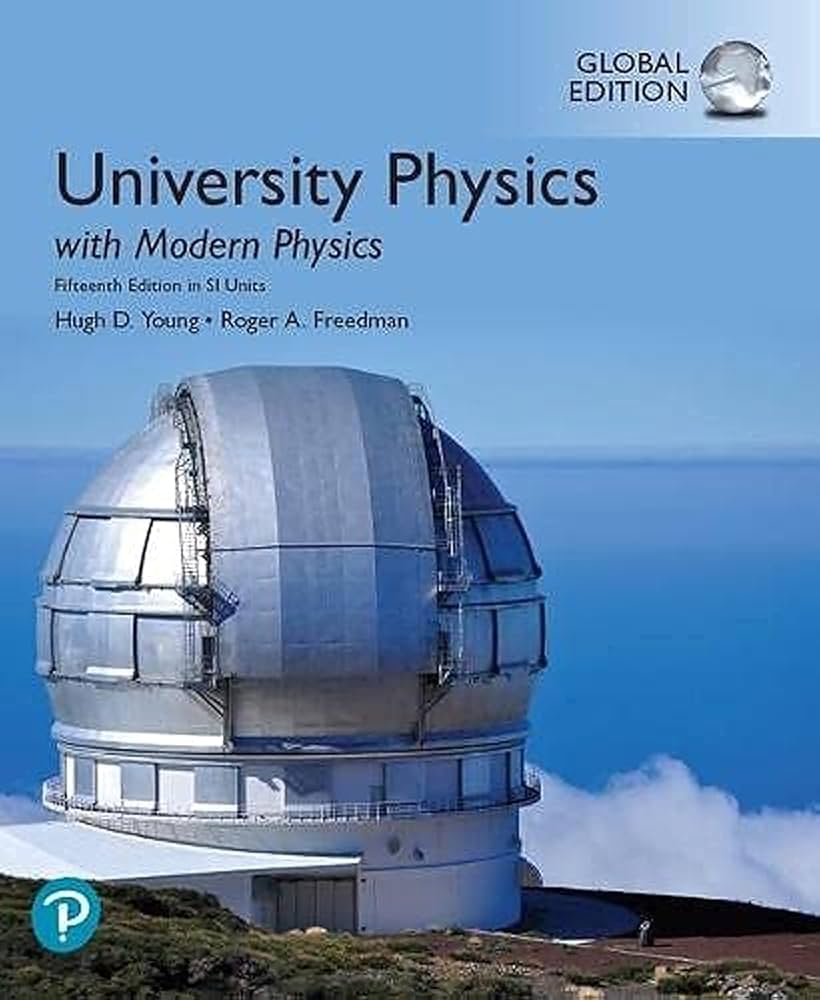Physics
Physics is the branch of science that studies the fundamental principles governing the behavior of matter and energy. It seeks to understand the laws of nature that explain phenomena ranging from the subatomic particles to the vastness of the universe. As one of the most foundational sciences, physics influences many other scientific fields, including chemistry, biology, and engineering.
Physics is often divided into several major branches: classical mechanics, thermodynamics, electromagnetism, and quantum mechanics. Classical mechanics deals with the motion of objects and the forces that affect them. Newton’s laws of motion and gravitation are key principles that govern how objects move and interact. Thermodynamics focuses on heat, energy, and work, describing how energy is transferred and how it influences matter.
Electromagnetism explains the interaction between electrically charged particles and magnetic fields, leading to a deep understanding of electricity, magnetism, and light. This branch of physics is the foundation for much of modern technology, including electric motors, radios, and computers. Quantum mechanics, on the other hand, explores the behavior of matter and energy at very small scales, such as atoms and subatomic particles. It describes phenomena that do not conform to the laws of classical mechanics, leading to revolutionary discoveries like the nature of photons, electrons, and atomic structure.
Physics plays a critical role in developing technologies such as nuclear energy, lasers, semiconductors, and medical imaging. It also helps us understand cosmic phenomena, from the formation of stars and galaxies to black holes and the Big Bang. In theoretical physics, researchers attempt to unify the fundamental forces of nature, including gravity, electromagnetism, the strong nuclear force, and the weak nuclear force.



